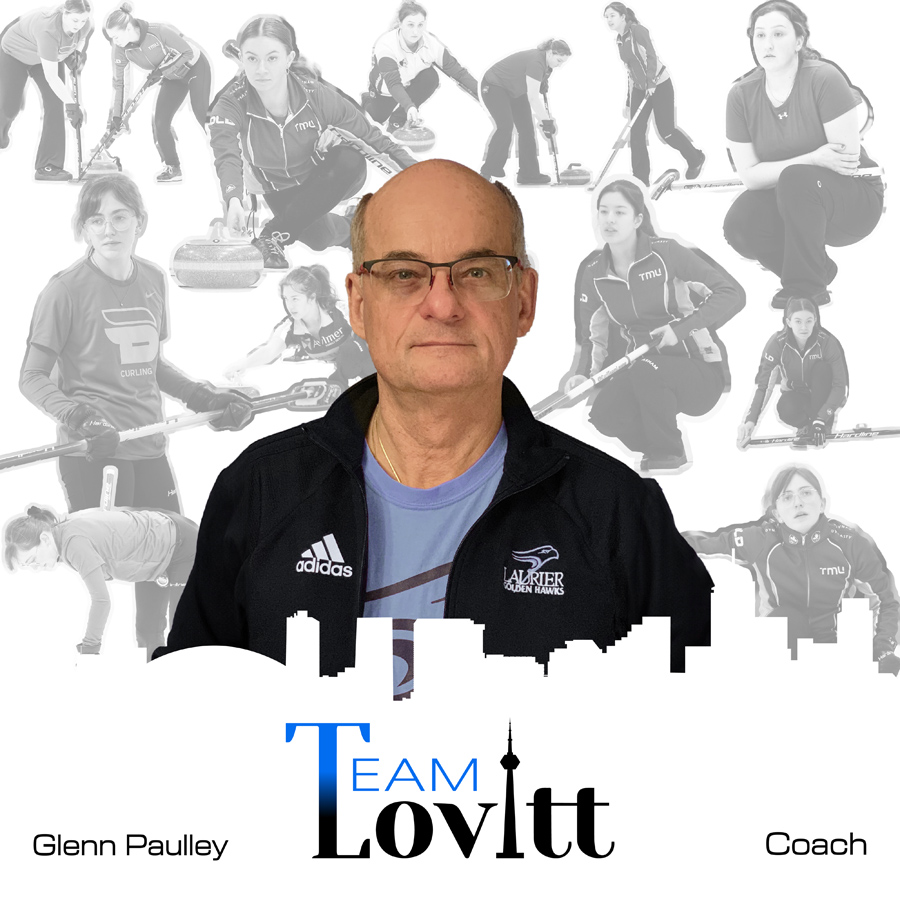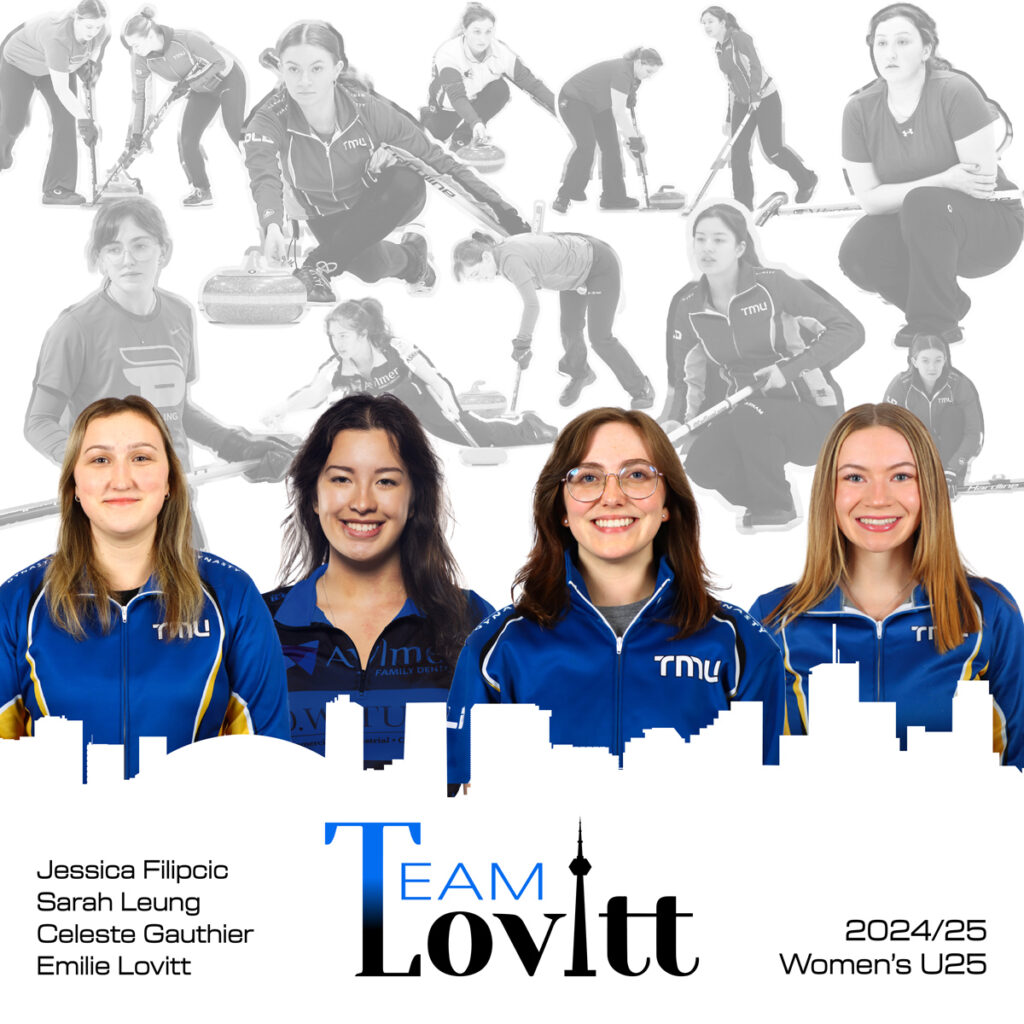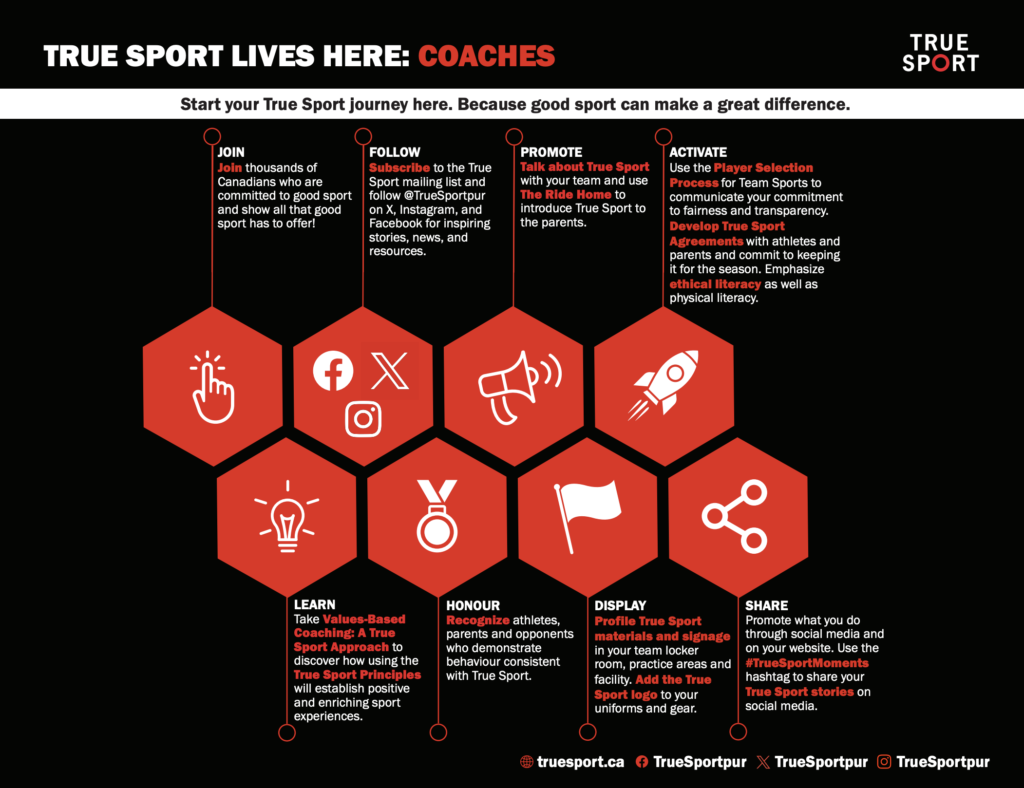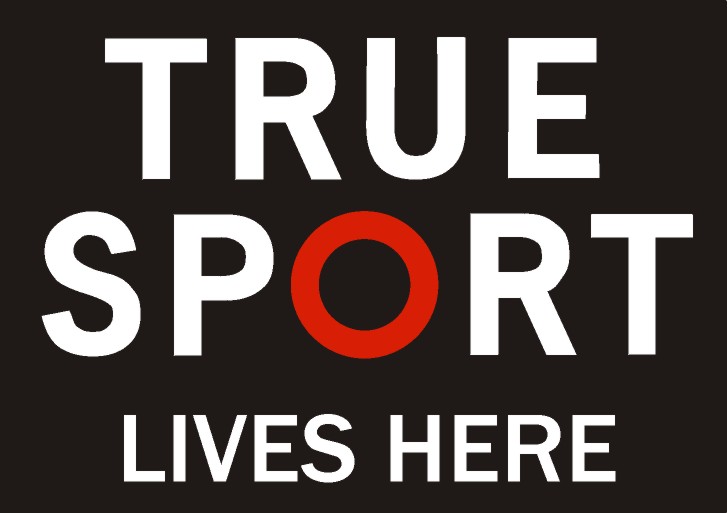About
Glenn Paulley
Glenn Paulley is a certified Competition Development coach. Born and raised in Saskatchewan, he has been curling since 1979, beginning at the Valour Road Curling Club in Winnipeg, and has been actively coaching since 2003.
Currently, Glenn coaches Team Émilie Lovitt, a women’s competitive U25 team playing out of the Toronto Cricket, Skating and Curling Club in Toronto, and Team Kiemele/Singer (Mackenzie Kiemele with doubles partner Graham Singer) in mixed doubles.
Glenn has over 20 years of coaching experience and has coached multiple teams at U18, U20, and OUA Ontario provincial championships (the latter with Ryerson University and Wilfrid Laurier University). As a member of the Laurier coaching staff between 2013-2020 the men’s and women’s varsity teams earned three bronze, one silver, and two gold medals at the national Canadian university championships.
In addition to coaching teams Lovitt and Kiemele/Singer, Glenn is also a high performance consulting coach for the Ontario Curling Council, and for Curling Canada’s NextGen development program, where his specialty is brushing. He has been researching brushing in the sport since early 2013, along with two research colleagues from Dalhousie University: Dr. John Newhook and Dr. Michel Ladouceur. Since August 2015, Glenn has performed over 1900 instrumented brushing evaluations involving over 550 athletes, ranging from bantam-aged novice athletes to many of the Canadian athletes playing on the World Curling Tour. In addition, Glenn is a member of the recently-created World Curling Equipment Advisory Group.
Glenn is recently retired from SAP SE, where he performed research and development in data management. He holds a Ph.D. in Computer Science from the University of Waterloo.
Coaching philosophy
My coaching philosophy is centred on the holistic development of athletes as people.
No other sport relies on teamwork in the way that curling does; it is the successful interdependence of each player on their teammates that defines championship rinks. Moreover, few other sports have the tradition of sportsmanship that is so exemplified by the game of curling, even at the highest levels. I have registered with True Sport and I pledge to maintain all seven principles of True Sport in my coaching.
Like other late specialization sports such as golf, success at curling requires significant mastery of a range of athletic skills. However, the teamwork that is unique to curling also requires the development of social, physical and psychological skills within each player, so that as a team the athletes can play – and succeed – together. I am committed to the development of all of these skills, in a holistic way, with each and every athlete.
One must never forget that curling is, above all, a game, and it is fun to play. Teamwork, sportsmanship, and respect for both one’s teammates, and one’s opponents, are guiding principles in the program’s development of each individual athlete. As a coach, I try to instil these values with the athletes through both instruction and by example when playing the game alongside them.
I am personally thrilled when an athlete masters a technical skill, executes a great shot, advises a teammate, or involves the entire rink to strategize shot selection in a difficult end. Demonstrating these abilities gives a reason to celebrate the athletes’ teamwork, self-confidence, responsibility, and dedication, lessons which we can all hope will enrich their lives in future years.



